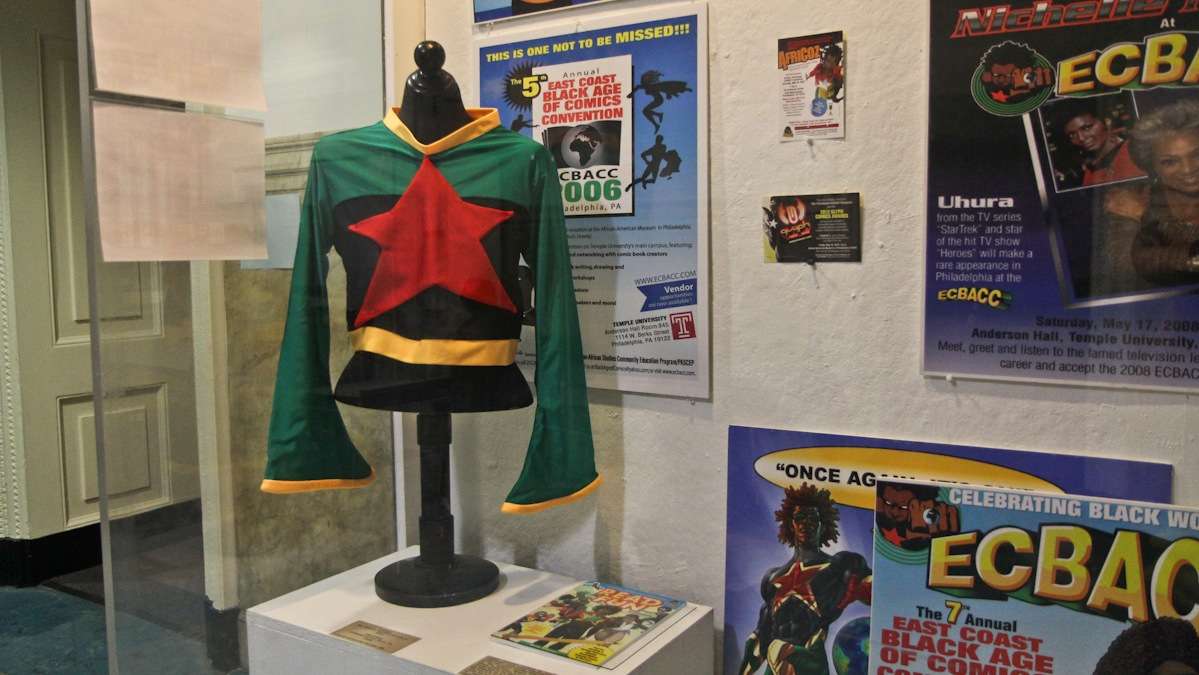Campaign laws fall in Washington, enforced in Philly
In a 5 to 4 decision, the U. S. Supreme Court has knocked another brick off the wall keeping wealthy special interests from buying the government in elections. Actually, it’s more like kicking around bricks from a wall that collapsed years ago.
The court struck down rules imposing aggregate limits on campaign contributions to federal candidates and parties. Believe it or not, it’s still illegal to give more than $2,600 to a candidate for federal office in an election cycle. And before this decision, there were limits on the aggregate amount a snigle donor could give – no more than $48,600 to all candidates and $74,600 to all PACs and parties.
Now that’s gone. My first reaction was, who cares? The Citizens United and other decisions allow people, corporations and unions to give millions to “independent expenditure” committees that look and act like campaign committees.
Whenever I want to understand anything on federal campaign law, I call John Dunbar of the Center for Public Integrity in Washington. He explained while that I was right, independent expenditures are the big play for monied interests, there’s still a story here.
“The problem of running up against aggregate limits has not been a major issue really among donors,” Dunbar told me. “This is more of a strategic strike against campaign finance limits in general.”
In other words, the Republicans who brought this case had an agenda: to tear down the limits that are still in place on contributions to candidates.
“I think [this decision] certainly throws into question the fairness of limits in general,” Dunbar said. “By ruling that an aggregate limit is sort of arbitrary, I don’t think it’s a huge step to say that a limit to an individual candidate is sort of arbitrary.”
Still, Dunbar said, the court in its decision affirmed individual contribution limits.
In Philly, rules still apply
Meanwhile Philadelphia’s campaign contributions limits for municipal candidates remain in force, and on the same day as the U.S. Supreme Court decision, the city Board of Ethics announced an enforcement action and settlement agreement stemming from the 2013 City Controller’s race.
This involves the failure of a political committee called Philadelphia Phuture PAC to properly report spending in support of City Controller Alan Butkovitz’s campaign in the Democratic primary. The committee here is one of several associated with the influential International Brotherhood of Electrical Workers Local 98. Philadelphia Phuture agreed to pay a $1,000 fine.
One passage in the Ethics Board agreement really struck me – the statement that Philadelphia Phuture treasurer Ed McBride “fully cooperated with the Board’s investigation. In response to the Board subpoenas, he produced numerous documents and provided testimony under oath.”
In other words, the political players in Philadelphia get that there are rules, and a sheriff that will enforce them. We’ve come a long way.
WHYY is your source for fact-based, in-depth journalism and information. As a nonprofit organization, we rely on financial support from readers like you. Please give today.









